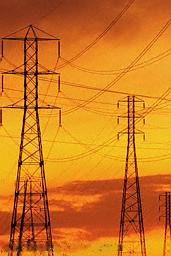Lynne Kiesling
February 1, 2001
Pennsylvania, which passed deregulation legislation at the same time as California, has fully implemented deregulation for all customers of electricity. Pennsylvania’s customers have seen an average price decrease of 30 percent and an increase in service options, including “green,” or renewable, power. Of the states that have deregulated wholesale and retail electricity markets, Pennsylvania has had the highest rate of customers switching to alternate generation providers, and Pennsylvania’s customers express the highest satisfaction with their electricity services in the United States. Pennsylvania achieved this deregulation success through market-based default (or standard offer) prices, non-mandatory divestiture of generation, accelerated phase-in of all customers, and the use of financial instruments and regional markets. All of which encouraged alternate providers to enter the market and create real competition.
Other states with early deregulation, such as Massachusetts and Rhode Island, did not experience Pennsylvania’s success, and recently adopted policies that have succeeded in Pennsylvania, such as higher default prices to encourage entry.
 since 1971 and now account for more than 25% of all U.S. electricity generated, saving consumers over $15 billion a year, a figure that will surpass $30 billion by 2010.
since 1971 and now account for more than 25% of all U.S. electricity generated, saving consumers over $15 billion a year, a figure that will surpass $30 billion by 2010.